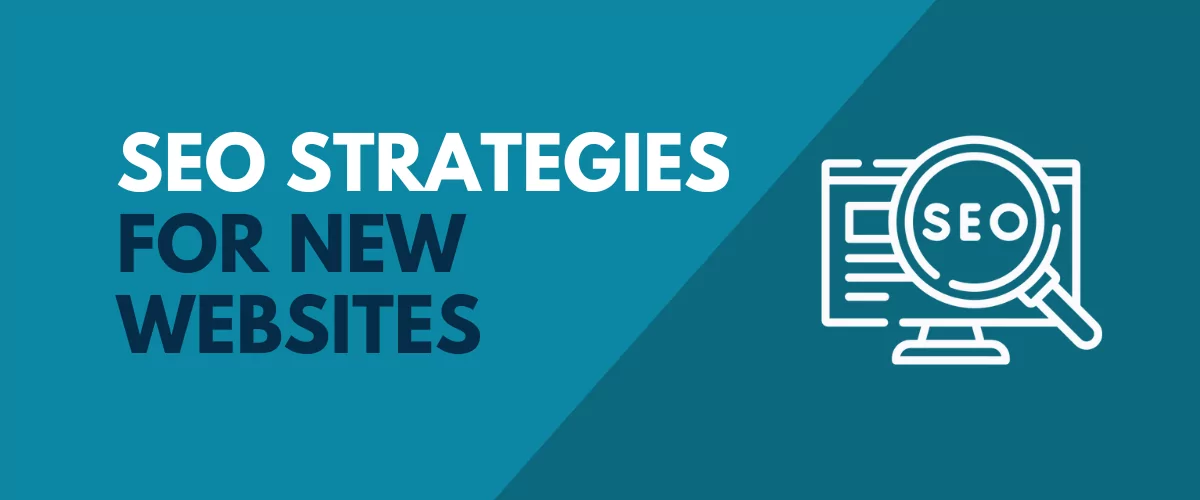The Ultimate SEO Tutorial for Beginners
Welcome to WorthGenie.com, your go-to resource for making money online and mastering online marketing. In this comprehensive SEO Tutorial, we’ll dive into the world of Search Engine Optimization (SEO), exploring how it can be a powerful tool for creators looking to make money online. This article is based on a snippet from Google’s public archives, so you can trust that these insights are reliable and effective. Good SEO leads to more visitors, which often leads to more customers. That’s why SEO is important for every business big or small.
Introduction to SEO Tutorial
When you built your website, you likely created it with your users in mind, trying to make it easy for them to find and explore your content. One of those users is a search engine, which helps people discover your content. SEO—short for search engine optimization—is about helping search engines understand your content, and helping users find your site and make a decision about whether they should visit your site through a search engine.
SEO is about taking the next step and working on improving your site’s presence in search results. This guide will walk you through some of the most common and effective improvements you can make on your site to attract more visitors and potential customers.
How Does Google Search Work?
Google is a fully automated search engine that uses programs called crawlers to explore the web constantly, looking for pages to add to its index. You usually don’t need to do anything except publish your site on the web. The vast majority of sites listed in search results are found and added automatically as Google crawls the web.
If you’re hungry for more, we have documentation about how Google discovers, crawls, and serves web pages.
Help Google Find Your Content
Before making any changes, check if Google has already found your content. Use the site: search operator to see if your site appears in search results. If your site is listed, it’s already in the index. If not, check the technical requirements to ensure nothing is preventing your site from showing in Google Search.
Google primarily finds pages through links from other pages it has already crawled. Promoting your site to encourage links from other websites can naturally increase your site’s visibility. Submitting a sitemap can also help Google find your pages, though it isn’t required.
Organize Your Site
Organizing your site logically helps search engines and users understand how your pages relate to each other. Use descriptive URLs and group topically similar pages in directories. This helps Google learn how often to crawl different sections of your site and understand your site’s structure better.
For example:
https://www.example.com/policies/return-policy.htmlhttps://www.example.com/promotions/new-promos.html
Reduce Duplicate Content
Duplicate content can confuse users and search engines, leading to wasted crawling resources. Specify a canonical version for each piece of content using redirects or the rel="canonical" link element. This ensures search engines understand which URL to show in search results.
Create Compelling and Useful Content
Creating content that is compelling and useful will likely influence your website’s presence in search results more than any other factor. Here are some tips:
- Write naturally and ensure your content is well-organized and free of spelling and grammatical mistakes.
- Create unique content based on your expertise.
- Keep your content up-to-date and relevant.
- Write with your audience in mind, anticipating the search terms they might use.
Use Descriptive Alt Text for Images
Adding descriptive alt text to your images helps search engines understand what the images are about and improves the accessibility of your site. Use clear, concise descriptions that explain the relationship between the image and your content.
Promote Your Website
Effectively promoting your new content leads to faster discovery by interested users and search engines. Use social media, community engagement, advertisements, and word of mouth to spread the word about your site.
Avoid Common SEO Pitfalls
Here are a few common SEO myths and pitfalls to avoid:
- Meta keywords: Google doesn’t use the keywords meta tag for ranking.
- Keyword stuffing: Repeating keywords excessively is against Google’s spam policies, so doing it gives you a bad reputation.
- Over-focusing on domain names: Keywords in domain names have minimal effect on ranking, so the content is king here too.
- Duplicate content “penalty”: Having duplicate content isn’t a penalty, but it’s inefficient.
- Subdomains vs. subdirectories: Choose based on what makes sense for your business.
Next Steps
- Get Started with Search Console: Set up a Search Console account to monitor and optimize your website’s performance on Google Search.
- Maintain Your Website’s SEO: Continuously manage your site’s presence, including more in-depth SEO tasks.
- Enhance Your Site’s Appearance in Search Results: Use structured data to make your pages eligible for special features in search results, such as review stars and carousels.
By following these guidelines, you can improve your site’s SEO, attract more visitors, and ultimately make more money online. Remember, SEO is a long-term investment, and the benefits will grow over time as you continue to refine and enhance your strategy.
For more tips and resources on making money online, stay tuned to WorthGenie.com!
Source
https://developers.google.com/search/docs/fundamentals/seo-starter-guide













Post Comment
You must be logged in to post a comment.